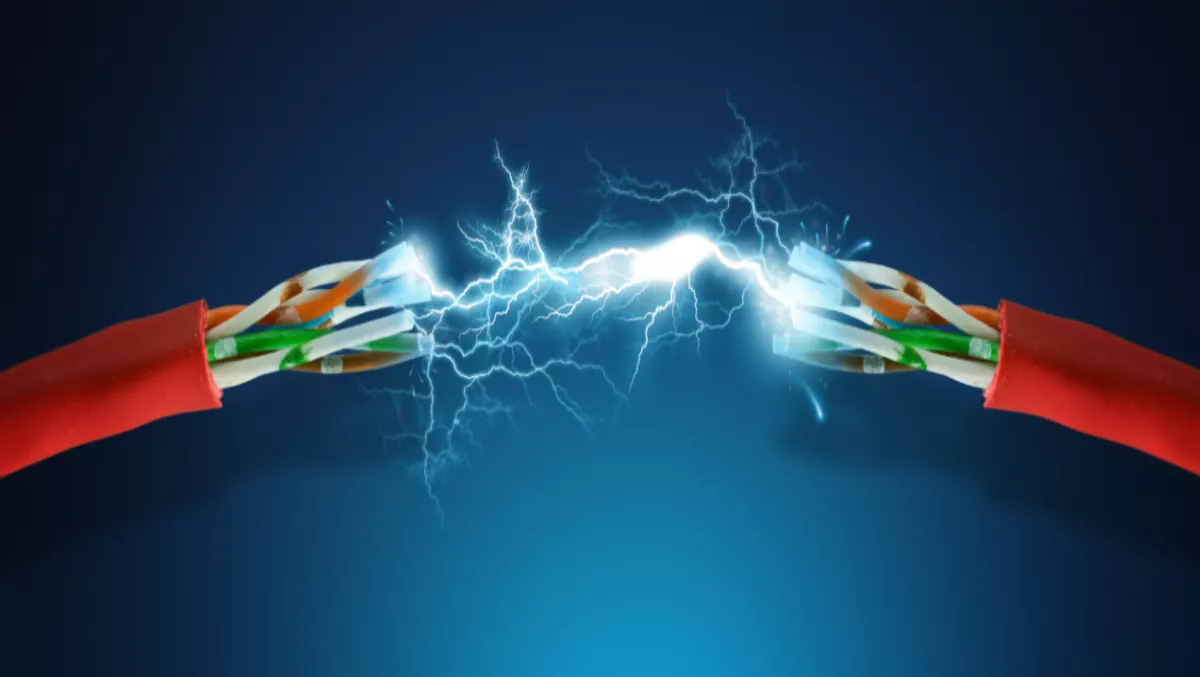
AI takes control of Auckland’s power grid, that’s not scary at all
Vector announced it has expanded its partnership with Israeli technology company mPrest, to continue to develop and apply a machine learning and artificial intelligence system that will better manage Auckland's changing energy demands.
The mDERMS programme, developed by Vector and mPrest engineers, uses the latest technology to better monitor, analyse, and control Auckland's energy network.
This connects traditional infrastructure like electricity lines and substations with new technology like solar and battery energy solutions, or DERs (Distributed Energy Resources), to power more than half a million (555,100) homes and businesses.
With customer energy needs and expectations rapidly changing, mDERMS is an overlaying 'system of systems' that can integrate, oversee, manage, and make use of these DERs and their controlling systems on Vector's electricity network.
With the capability for the system to be applied to industries outside of the utility sector, Vector has also entered into an investment and reselling agreement with mPrest to assist the company with expanding its reach throughout Australasia.
Simon Mackenzie, Vector CEO says, "We are excited to expand our relationship with mPrest.
"With the transformation of the energy sector in mind, we've already been leading the development of new customer solutions using our existing expertise in running energy systems combined with advanced technology and international partners.
mDERMS is a "system of systems" which connects the dots into a unified smart grid.
Sometimes referred to as the "Internet of Energy," mDERMS gathers and analyses Distributed Energy Resources (DERs) like solar panels, energy batteries, electric vehicles (EVs), and integrates them into one platform that can be managed by Vector to optimise this complex energy system for the end-consumers.
The smart grid of the future will be less like an "electron corridor", and more like a vibrant energy marketplace.
mDERMS will enable this marketplace to exist, allowing our communities and business access to different sources of energy when and where they need it, and at the cheapest price possible.
The software uses integration, artificial intelligence and analytics to manage electricity demand and network data across Auckland, as well as enabling monitoring and control capabilities as the network grows.
mDERMS is also able to adapt for integration with future DERs and systems in the energy sector.
Mackenzie continues, "This 'internet of energy' platform capability is world-leading and is seen globally as the next big advancement in energy system evolution.
"It means that from Vector's control room, with one operating system, our engineers can better predict and manage outages by optimising DERs to enable a streamlined, efficient delivery of energy to and from the grid.
"That's never been a possibility, up until now, this helps 'democratise' energy, enabling customers to easily access low-cost energy and control different network inputs to optimise their energy use and cost.
By 2020, Vector is planning for about 40,000 DERs to become connected to the grid.


